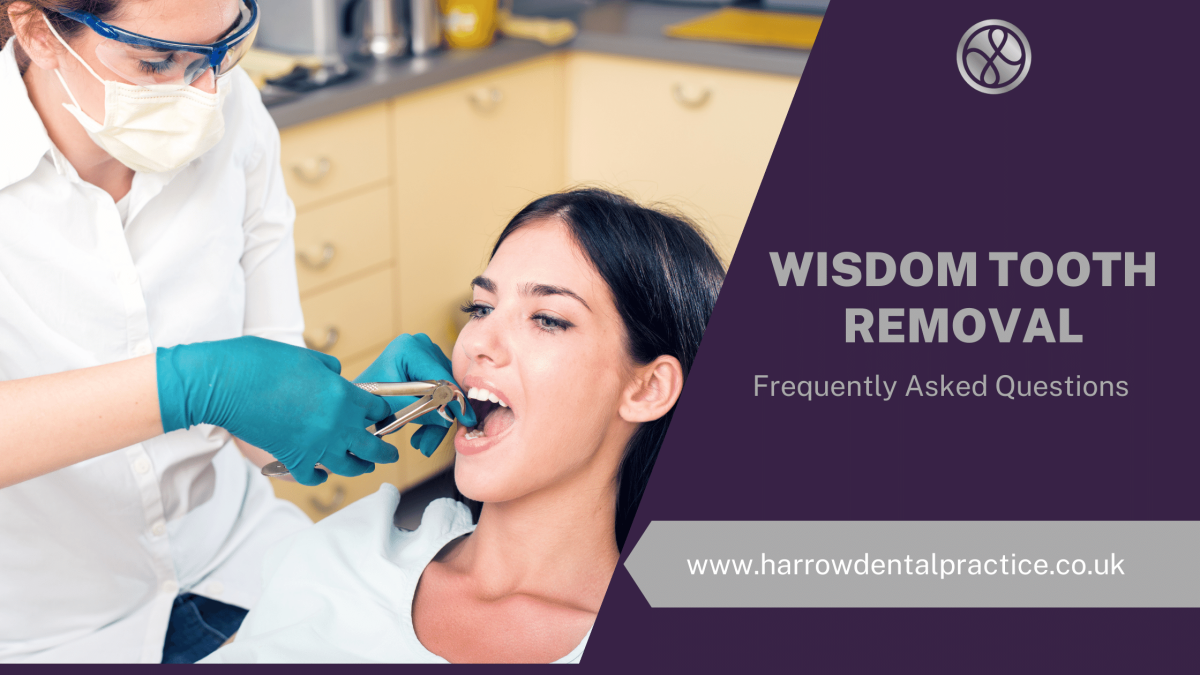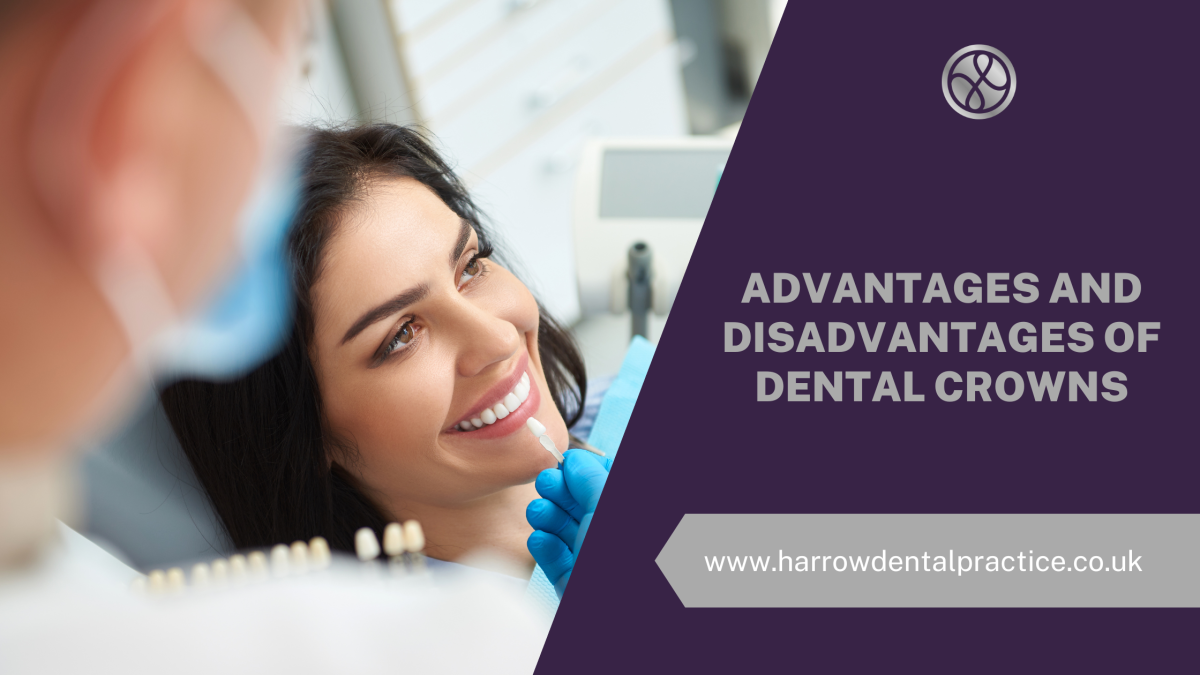The Smithsonian National Museum of Natural History notes that hundreds if not thousands of years ago, our third molar teeth were meant for chewing – but not anymore. With time, our jaws became smaller until they didn’t have enough room for the teeth that erupted the last – the wisdom teeth. This is one of the reasons why there are so many complications associated with wisdom teeth and why they need to be removed so commonly.
If your dentist has told you they need to remove one of your wisdom teeth, you may have many questions about this procedure. This blog will provide all the information you need about wisdom teeth removal. So continue reading to find out more about this procedure.
What Are Wisdom Teeth?
According to the British Association of Oral & Maxillofacial Surgeons, wisdom teeth are the last ones that erupt in the jaw. These teeth are so-called because they come in the mouth at a time when one attains maturity – anywhere between 16 – 24 years of age. However, despite their name, wisdom teeth are associated with many issues.
Why Do Dentists Remove Wisdom Teeth?
Not all wisdom teeth need to be removed. However, those third molar teeth that frequently cause problems or those that may damage the neighbouring teeth should be removed. Some of the situations that require the removal of wisdom teeth are:
- Pericoronitis – this is a painful condition in which the soft tissues around a partially erupted (impacted) wisdom tooth become inflamed. When pericoronitis occurs frequently, it is best to remove the affected wisdom tooth.
- Grossly Damaged Wisdom Teeth – if a wisdom tooth has become grossly damaged and cannot be restored, your dentist may consider removing it.
- Orthodontic Purposes – Sometimes, wisdom teeth are extracted to create space and realign the remaining teeth with braces or clear aligners.
What Are The Pros And Cons of Removing Wisdom Teeth?
Your dentist will consider all the pros and cons of removing impacted wisdom teeth before performing the procedure. Here are some of the advantages and disadvantages of wisdom teeth removal:
- Pain Relief – removing a grossly damaged wisdom tooth will save from the severe pain and discomfort of pericoronitis.
- Preserve the Other Teeth – removing an infected wisdom tooth will prevent damage to the adjacent teeth.
- Optimal Tooth Alignment – sometimes, removing a wisdom tooth allows the remaining teeth to be aligned optimally with orthodontic treatment.
What Is The Process For Removing Wisdom Teeth?
The procedure to remove your wisdom teeth is similar to that for the other teeth. Your dentist will first administer local anaesthesia to make you pain-free. Next, they will use elevators to break the fibres that attach your gums and jawbone to the tooth. Afterwards, they grip the tooth with suitable forceps and apply outwards force in a figure-of-eight manner. Once the tooth has become sufficiently loose, they will pull it out.
In some cases, wisdom teeth are partially or completely impacted. In these cases, dentists perform a surgical resection to remove the tooth. This procedure raises a soft-tissue flap and the bone surrounding the tooth is slightly removed to create a vantage point for pulling the tooth out. Your dentist will use forceps to remove the tooth. Alternatively, they may break the tooth into pieces and take them out individually.
Is 40 Too Old To Have Wisdom Teeth Removed?
As mentioned earlier, there is a set age for removing wisdom teeth and not all wisdom teeth need to be removed. Therefore, someone in their 40s may experience wisdom tooth pain and require its removal. So, wisdom tooth removal can be performed at any age, when needed. However, if a dentist observes that a wisdom tooth may cause problems later in life, they will extract it during the patient’s young age as healing will be quicker.
How To Recover After Wisdom Teeth Surgery?
Wisdom tooth removal is a surgical procedure. It may take a few days for complete healing to take place. There are a few things one should take care of after wisdom tooth surgery:
- Avoid hard and sticky foods as they dislodge the blood clot and cause dry socket
- Avoid smoking and alcohol intake for a few days after the surgery
- Do not take very hot food items as they may dislodge the clot
- Do not touch the site of surgery with your tongue
- Apply an icepack on the affected side of the face to minimise the swelling and discomfort
- Take an over-the-counter pain medication to relieve pain
What Should I Eat After Wisdom Teeth Extraction?
Dentists recommend eating a soft diet after wisdom tooth removal. This is because a hard diet can dislodge the blood clot and interfere with the healing. Therefore, one should eat a soft diet comprising of cereals, porridge, and fruits for a few days after the surgery.
Wisdom Tooth Removal Near Me
Wisdom teeth removal is best done by an oral surgeon. Why? Because oral surgeons obtain additional training and experience in treating surgical problems related to the oral cavity. So, one can expect that wisdom tooth removal done by an oral surgeon will have fewer complications and healing will occur more quickly.
If you are having problems with one of your wisdom teeth and would like to get it removed in Hornchurhc, your best option is Harrow Dental Practice. We offer the highest-quality dental services to our patients under one roof. So, book a free virtual consultation appointment today and let us take care of all your worries.


